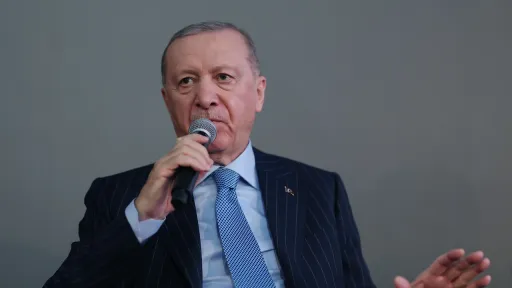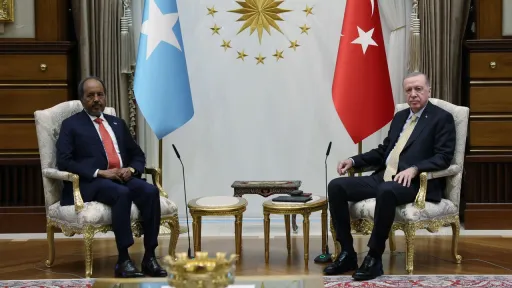The Kremlin on Wednesday doubled down on its position that the election in which President Vladimir Putin won a fifth term in office was fair, amid allegations of vote rigging from some Russian independent polling observers and opposition voices.
Putin won a landslide with 87% of the vote, or 76 million, on a turnout of more than 77% in the election which ended on Sunday, both records in post-Soviet Russian history.
His win was condemned as unfair and undemocratic by Western governments, but he was congratulated by China, India, North Korea and others.
In the days since the results, which Putin says underlined popular support for his prosecution of war in Ukraine and other key policies, independent Russian election analysts say the scale of his victory was significantly inflated.
Rigged or not?
While observers concede that Putin would have likely won the vote comfortably anyway, they note that none of the other three candidates was critical of Putin and that two would-be candidates who opposed the war in Ukraine were barred.
Leading Russian independent vote monitoring group Golos (Voice), which was not allowed to send observers to polling stations, said it had evidence of voter intimidation and other infringements.
Kremlin spokesperson Dmitry Peskov on Wednesday dismissed accusations that the vote was rigged in Putin's favour, pointing to a survey by a state-owned pollster showing that a record 65% of Russians polled considered the results reliable.
"The elections are absolutely clean," Peskov said in a call with reporters. "It is impossible to dispute."
Anomalies?
But a Russian independent researcher said he had found evidence of anomalies in vote tallies that supported some of the concerns voiced by Golos and others.
Ivan Shukshin, who has analysed data from Russian and other elections since 2017, said his modelling pointed to 22 million fraudulent ballots cast for Putin this year, excluding electronic voting results and data from polling stations in Russian-annexed regions of Ukraine.
His finding was based on a statistical method developed by Sergei Shpilkin, an award-winning data analyst who has been widely cited in the West as an authority on Russian elections.
Contacted by Reuters for comment, Shpilkin said he was not involved in monitoring this year's election.
➤ Click here to follow our WhatsApp channel for more stories.
























